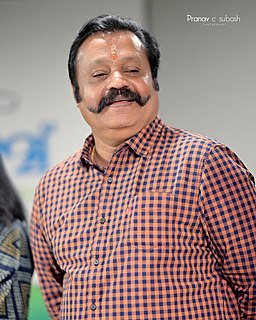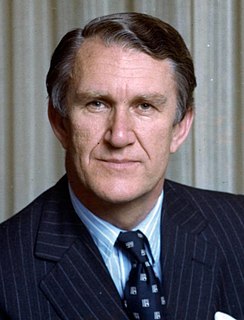A Quote by Gabor Peter
The most constructive solutions are those which take into consideration the views of all persons involved and are acceptable to all. Such outcomes are the result of negotiation strategies where the needs of both sides are considered important and an attempt is made to meet all needs. These solutions are appropriately called Win-Win because there are no losers. While often difficult to arrive at, the process leading to such solutions builds interpersonal relationships, increases motivation and improves commitment. Win-Win solutions are the most desirable outcomes of conflict resolution.
Quote Topics
Acceptable
Arrive
Attempt
Because
Both
Both Sides
Builds
Commitment
Conflict
Conflict Resolution
Consideration
Considered
Constructive
Desirable
Difficult
Important
Increases
Interpersonal
Interpersonal Relationship
Involved
Leading
Losers
Made
Meet
Most
Motivation
Needs
Negotiation
Often
Outcomes
Personal Relationships
Persons
Process
Relationships
Resolution
Result
Sides
Solutions
Strategies
Take
Those
Views
Which
While
Win
Win-Win
Related Quotes
It is fascinating to watch politicians come up with 'solutions' to problems that are a direct result of their previous solutions. In many cases, the most efficient thing to do would be to repeal their previous solution and stop being so gung-ho for creating new solutions in the future. But, politically, that is the last thing they will do.
Many people think in terms of either/or: either you're nice or you're tough. Win-win requires that you be both. It is a balancing act between courage and consideration. To go for win-win, you not only have to be empathic, but you also have to be confident. You not only have to be considerate and sensitive, you also have to be brave. To do that-to achieve that balance between courage and consideration-is the essence of real maturity and is fundamental to win-win.
I have a sense of mission on this climate crisis, and I'm trying to pour all the energy I have into it. And I hope that I, along with others, can catalyze the emergence of real solutions to the climate crisis. I think we're making a lot of progress. I think we're going to win this, but it matters how quickly we win it. So I'm focused on that.
After all, what is cinema? It is an interaction, a discussion that throws up questions and provides some solutions. The solutions might look simple, impractical or too fictionalised. But one must realise that viewers empathise with certain characters because they strike a chord with the viewers' needs and frame of mind.
































